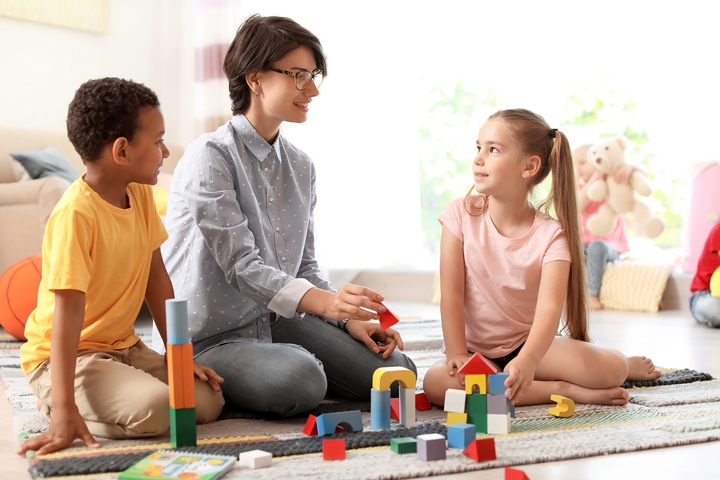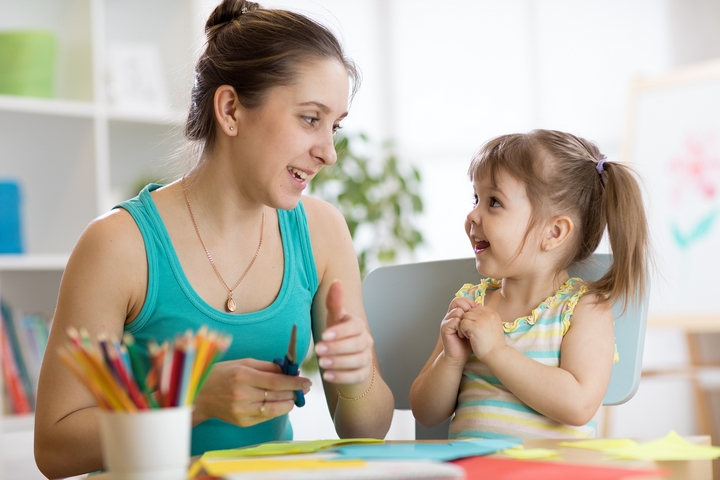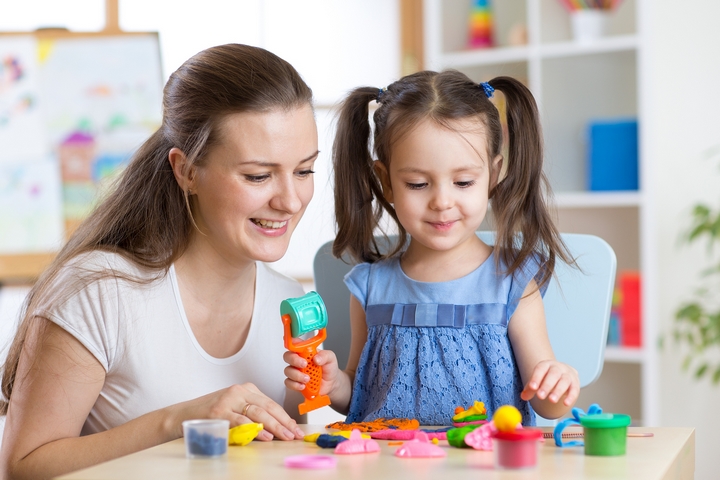
Whoever said working with children was easy obviously had never been around kids. Child psychologist, daycare centre operator, or teacher – whatever your role is, working with children is a difficult duty that requires an abundance of patience and energy. Are you up for the task? Well, you will need to be!
Children are not easy to handle, manage, or raise. It takes a lot of work – and stress – to ensure you and the child survive the day. Over time, however, you start to develop skills for working with children, either on a professional level or in your personal time.
You become cognizant of what kids need or want, allowing you to accomplish an objective. It takes plenty of practice, as well as qualified training from early childhood assistant courses. Altough it will never be 100 percent perfect, working with kids eventually becomes second nature with the right skills.
Here are eight best skills for working with children:
1. First Aid Skills

Children are clumsy and lack self-awareness. As a result, they can hurt themselves in any situation. Since accidents can happen at any time, you need to possess an elementary knowledge of first aid. This can be everything from CPR to bandages to caring for a boy or a girl with the flu. By having some understanding of first aid, you can add to your overall confidence level (see below) when looking after a kid.
2. Behavioural Management Skills

Behavioral management is one of the important skills for working with children. Working with children can be one of the most stressful tasks in any career. Some doctors have said that working a 24-hour shift in the emergency room is easier than working with a four-year-old child.
Why? Children are irrational, so they will fuss, throw tantrums, and even be violent. Behavioural management is critical when you are working with kids. Otherwise, whatever it is you are doing with the toddlers or adolescents will not be achieved since they are running wild.
3. Communication Skills

Have you ever communicated with children? Good luck! Again, children are not rational beings, so it takes a lot of trial and error when it comes to communication. Plus, every child is different, from personality traits to mental impairments.
Unfortunately, there is no uniform approach to talking to a child. However, as the years go by, you start to develop a knack for communicating. When you do, working with children becomes a lot easier!
4. Patience

A two-year-old is throwing a tantum. A ten-year-old is tossing papers around. A teenager is being uncouth. At times, you want to howl at the moon and shriek to the heavens. But you cannot. Instead, you need to practice patience, which can sometimes feel like an impossibility when you are either caring for or working with children. But how can you be patient around children?
Here are a few tips:
- Step aside for a few moments and take a deep breath.
- Keep your promises and children will reward you.
- Try to remain positive at all times even during the craziness.
- Provide children with information to keep them in the loop.
- Be understanding to why children are being impatient or upset themselves (tired or hungry).
Is this easier said than done? Of course! But you need to try no matter what.
5. Confidence

When children are alien to you, either professionally or personally, you can be a nervous wreck. It is imperative, however, to never show how nervous you may be. Instead, you must be confident because it shows that you are in charge of the situation and you know how to handle kids. As time goes by, you start to believe it, too, so you will get the hang of things eventually.
6. Time Management & Organisation Skills

It may not seem like it, but children need structure and guidance. A freefall is the worst thing you can do for children at any age. Therefore, you need to utilise your time management skills and organise your day effectively. Sure, their attention spans are still developing, but you cannot go aimlessly from one task to another.
7. Conflict Resolution Skills

It is common for children to engage in combat with each other. The reason? They have yet to home their conflict resolution skills. If a child wants a toy the other kid, or somebody hit somebody else, a fight will inevitably break out. It is your job, in this situation, to coach children to resolve conflicts, whether it is through means of sharing or negotiating.
Not only do you need to know how to resolve conflicts, you also need to teach this method, too.
8. Creativity Skills

How do you pass the time? How do you teach children? How do you push children to be interested in something that may seem mundane? You tap into your creativity skills. Everyone maintains a modicum of creativity, from writing rhyming stories to drawing and painting pictures to building stuff. This helps in any type of instance, so be sure you remember to be creative when you are working with children.
